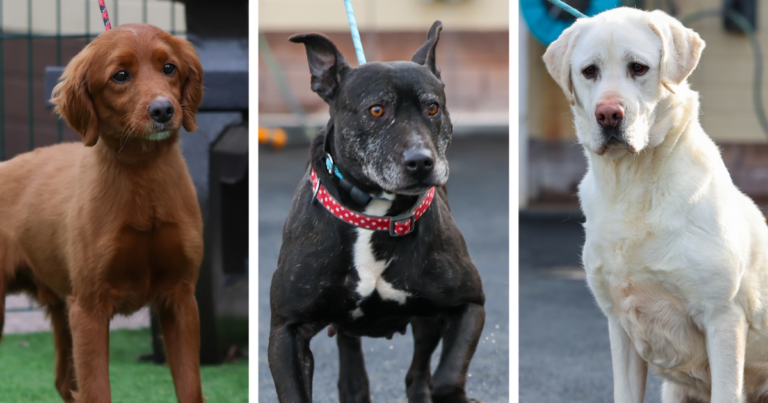Proud Cat Mama Shows Off Her Super Rare Calico Kitten and Everyone’s In Awe – Yahoo
“`html
We often hear about the environmental impact of cats, particularly their predation on birds and small mammals. But what about our canine companions? Could our beloved pet dogs also be contributing to environmental strain? The answer, according to recent studies, might surprise you.
While cats are often singled out for their hunting prowess, dogs, with their larger size and often higher consumption rates, leave a different kind of paw print on the planet. Their impact stems from a combination of factors, including their diet, waste production, and the resources required to care for them.
One key area of concern is the environmental cost of dog food. The production of pet food, particularly meat-based diets, requires significant amounts of land, water, and energy. Think about the farming needed to raise the animals that become the protein source in your dog’s kibble. This includes the deforestation for grazing land, the water used for irrigation and animal consumption, and the greenhouse gas emissions from livestock. In fact, some researchers have estimated that the environmental impact of feeding dogs and cats in the United States is comparable to the environmental impact of driving millions of cars.
Beyond the production of food, consider the waste that dogs generate. Dog waste, if not properly disposed of, can contribute to water pollution. Rainwater runoff can carry fecal matter into local waterways, introducing harmful bacteria and parasites that can contaminate drinking water sources and pose a risk to human and wildlife health. Responsible pet ownership, including diligently picking up after your dog and disposing of waste properly, is crucial for mitigating this environmental impact.
Furthermore, the production of dog toys, beds, leashes, and other accessories also contributes to resource depletion and pollution. Many of these items are made from plastics and other synthetic materials that require energy-intensive manufacturing processes and can persist in the environment for decades. Choosing eco-friendly alternatives, such as toys made from recycled materials or biodegradable poop bags, can help reduce your dog’s environmental footprint.
It’s not all doom and gloom, however. There are many ways to minimize the environmental impact of dog ownership. Choosing sustainable pet food options, such as those made with plant-based proteins or sustainably sourced animal products, can significantly reduce the environmental cost of feeding your dog. Consider buying in bulk to reduce packaging waste. And, of course, always pick up after your dog and dispose of waste responsibly.
You can also opt for eco-friendly pet supplies. Look for toys and accessories made from recycled materials, bamboo, or organic cotton. Repairing or repurposing old items, rather than buying new ones, is another great way to reduce waste. Consider adopting a dog from a local shelter or rescue organization, rather than purchasing from a breeder, to help reduce the demand for puppy mills and support animal welfare.
Ultimately, being a responsible and environmentally conscious dog owner is about making informed choices and taking small steps to minimize your dog’s impact on the planet. By considering the environmental consequences of our pet ownership practices, we can ensure that our furry friends can continue to bring us joy without compromising the health of our environment.
“`




































